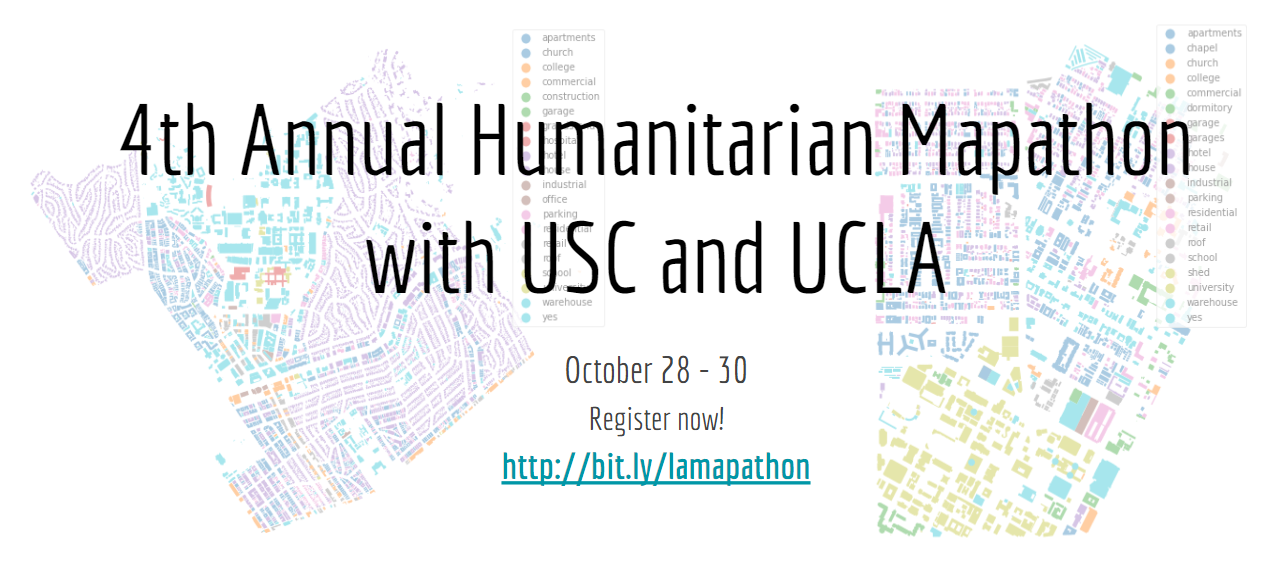Talk: “Power and Sample Size” with Stata Corp’s Chuck Huber
In this talk, I introduce the concepts and jargon of power and sample size calculations such as alpha levels, power, and minimum detectable effect sizes. I do several simple calculations manually and then demonstrate how to replicate these calculations using Stata's -power- commands. Next, I demonstrate how to create tables and graphs for power, sample...
